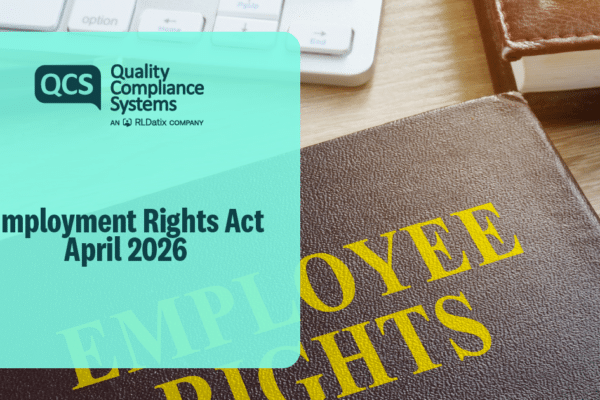As the workforce in the UK continues to age, employers are increasingly managing teams that span several generations. This diversity brings significant opportunities — from the experience and knowledge of older workers to the fresh perspectives of younger employees — but it also highlights the need for fair and consistent practices.
By taking proactive steps to prevent age bias, employers can ensure compliance with the law, foster an inclusive culture, and build a more resilient and innovative organisation.
Understanding Age Discrimination
Age discrimination occurs when an employee or job applicant is treated unfairly because of their age. The Equality Act 2010 (the Act) protects individuals from discrimination based on age, alongside other protected characteristics. Discrimination can be:
- Direct: e.g. refusing to hire someone because they are considered ‘too old’ or ‘too young’
- Indirect: e.g. applying a policy that disproportionately disadvantages a particular age group
- Harassment: e.g. jokes or comments about age
- Victimisation: e.g. penalising an employee for raising a complaint of age discrimination
Employers have a legal duty to prevent age discrimination at all stages of employment — including during recruitment, training, promotion, redundancy, and dismissal.
Recruitment Practices
When drafting job advertisements, it’s important to avoid age-related wording such as ‘young and energetic’ or ‘mature and experienced’. Focus on skills, qualifications, and competencies instead. The Act does set out an ‘occupational requirement’ defence which enables an employer, in limited circumstances, to stipulate that, because of the nature of the job in question, only people of a particular age group can do the job.
Employers should not ask for a date of birth on application forms unless legally required (e.g. to check right-to-work or for regulated roles). Separate any age-related information from the application form so that shortlisting is based on competencies and experience only.
When interviewing and assessing candidates, employers should use structured and objective criteria to assess candidates fairly. It’s important to ensure that interview questions relate only to the requirements of the job. Avoid queries about retirement plans, years of experience beyond what is necessary, or assumptions linked to age.
Promotion, Pay, and Benefits
Promotions should be based on merit, performance, and skills rather than age or length of service.
Pay and benefits should be reviewed regularly to ensure they do not disadvantage particular age groups. Where service-related benefits exist, ensure they are justified (e.g. linked to retention or reward for loyalty). The Act does contain a general exception which permits employers to treat employees differently with respect to awarding benefits if the reason for the difference in treatment is that the disadvantaged employee has less than five years’ service.
Redundancy and Retirement
When considering redundancies, employers should use objective criteria such as skills, performance, and qualifications rather than length of service or assumptions about retirement plans.
The Act contains a specific exemption for enhanced redundancy schemes that are similar to the statutory redundancy pay scheme, giving employers reassurance that more generous schemes based on age will not be discriminatory on the grounds of age provided they fall within the exemption.
Compulsory retirement ages are generally unlawful unless they can be objectively justified. To be objectively justified, the employer must be seeking to achieve a certain aim, which must be legitimate. The means of achieving this aim must be appropriate and go no further than necessary in achieving it. Employees should be able to choose when to retire, within statutory frameworks.
Practical Steps
- Implement and regularly update an Equality, Diversity, and Inclusion (EDI) policy covering age
- Provide regular equality training to all staff, particularly managers and recruiters
- Review recruitment, promotion, and pay practices to ensure fairness across age groups
- Ensure employees know how to raise concerns, and handle complaints promptly and fairly
Building an age-inclusive workplace is more than a legal requirement — it is a strategic investment. Employers who value the contribution of workers at all stages of life benefit from a wider talent pool, stronger employee engagement, and improved organisational resilience. By embedding fair practices into recruitment, training, promotion, and retirement policies, organisations can reduce risk while unlocking the full potential of their workforce.
In a society where people are living and working longer, businesses that embrace age diversity will be better placed to innovate, adapt, and grow. Age should never be seen as a barrier to opportunity, but rather as a source of experience, perspective, and strength that enriches the workplace.
If you have queries or questions in relation to age discrimination, equality and diversity training or recruitment practices, please do not hesitate to contact a member of the AfterAthena team (part of the Napthens Group) who are able to offer 30 minutes of free advice to QCS members.
If you have any questions in relation to environmental proposals to help support employees take steps in relation to climate change, please do not hesitate to contact a member of the AfterAthena team (part of the Napthens Group) who are able to offer 30 minutes of free advice to QCS members.
Contact AfterAthena





